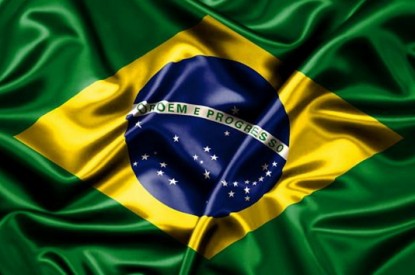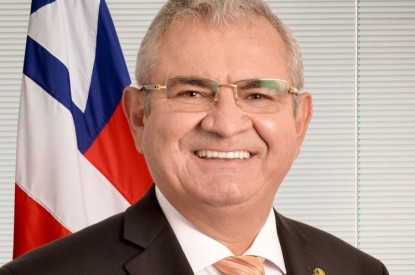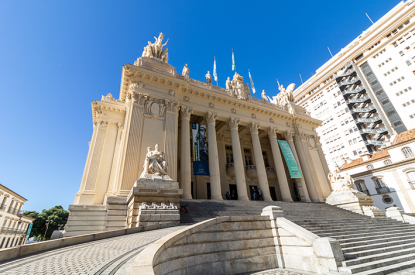Legislation
Brazil – Lula criticises online gambling industry
By James - 27 February 2024
President Luiz Inácio Lula da Silva criticized the online gambling sector at an event held on Friday, February 23 in Rio de Janeiro. Brazil’s president made comparisons between online gambling with the so-called “jogo do bicho,” (the animal game) which is illegal in Brazil. Talking during a Petrobras event at the Museum of Modern Art according to the president families in Brazil now spend as much as 14% of what they earn on online gambling.
“This country is curious: the jogo do bicho is still prohibited today, but everyone plays the jogo do bicho. What is more serious, worse than the game, are the 24-hour gambling advertisements on television, digital gambling . . .” he said.
The president not only took aim at the amount of sports betting advertising on television he also said, “As companies do not pay taxes yet, they are earning a lot and paying little.”
Lula stated that online gambling has no restrictions, allowing children aged 5 to 90 years old to participate. During his speech, Lula stated wrongly that that taxes on online betting had not been approved. In fact the taxes on online gambling were approved by the President in December and the Minister of Finance is now in the process of putting in place the final regulations before online gambling goes live later this year.
Often described as Brazil’s national vice, the jogo do bicho (animal game) continues to play a profound role in Brazilian politics. Founded in 1892 by the Baron de Drummond to promote a zoo on the outskirts of Rio de Janeiro, every ticket to the zoo bore the image of an animal.
Tickets were soon on sale via unofficial bookmakers or “bicheiros” throughout the city. The municipal government made its first attempt to shut down the game shortly after that and it was later banned by the national government, but nothing the government has ever done has been able to stop it. Today, the game is estimated to provide a livelihood for as many as 400,000 people.
The game is particularly popular in Rio de Janeiro where it is still controlled by criminal organisations. These illegal gambling mafias have long ties to politics, especially right wing politicians, during the military dictatorship wherein they cemented their control and expanded their network




